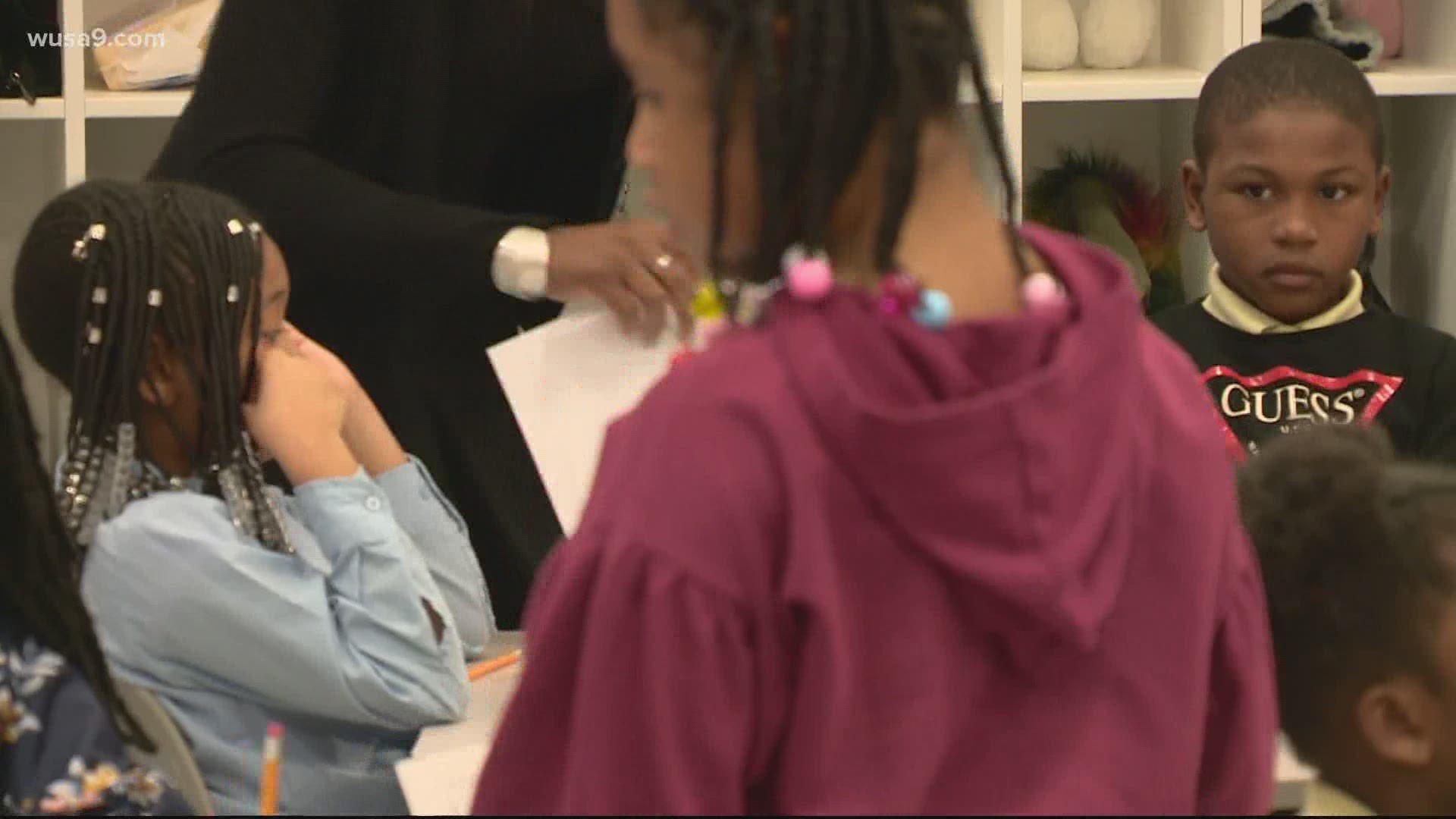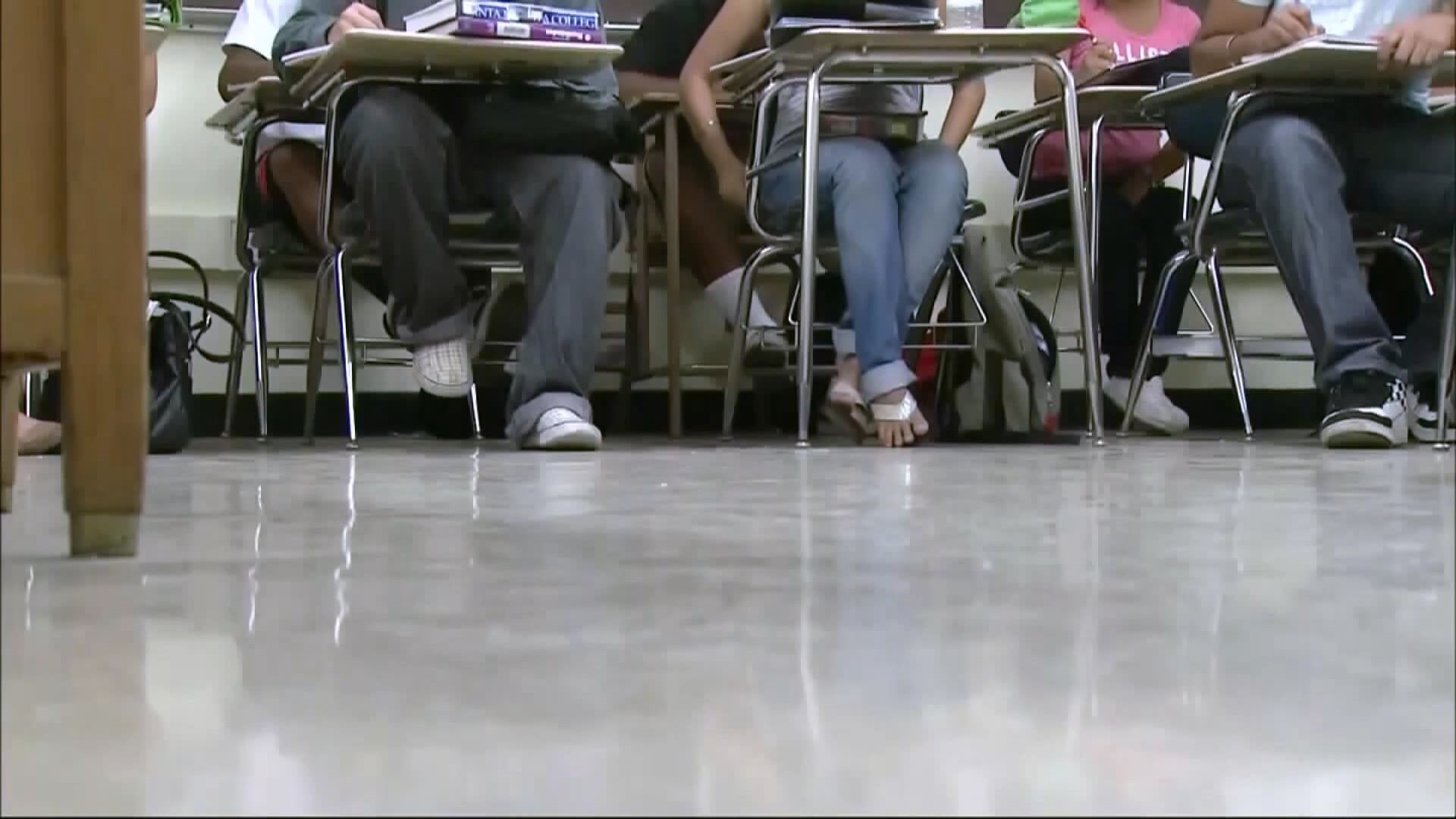WASHINGTON — Several D.C. teachers have been voicing their concerns and questions about DC Public Schools and its preliminary plan to return to class in the fall.
"We got an email that said temperatures can’t be over 100.4. “Who’s responsible for taking these temps?” Patricia Stamper asked.
“What happens if somebody suddenly gets sick? Does that mean the entire school has to quarantine for 14 days?” Maya Baum questioned.
Both teachers were part of a coalition of educators who compiled a four-page list of issues, which they said need to be addressed before they return to the classroom. EmpowerEd released the survey that included concerns from contact tracing to special needs students and those with social-emotional challenges. The number one concern on the list? Assurances that schools will have enough nurses.
School nurses are not DCPS employees. The Health Department contracts with Children’s National Medical Center to hire school nurses. On its website, there are least 25 local job openings.
Neither Children’s nor the Health Department got back to WUSA9 about the positions, however the DC Nurses Association (DCNA) said schools were short-staffed even before the pandemic. According to Wala Blegay with the DCNA, “nurses were not working 40 hours a week at each school in violation of D.C. law.”
Teachers said some nurses split their times between schools, while other schools don’t have nurses at all.
"Many nurses have resigned their positions because of uncertainty with the pandemic and returning to in-person school," Blegay said.
DC public schools said they are getting feedback from parents and teachers and are moving forward with the guidance of the Health Department. But the details of everyday instruction and life in a classroom still need to be addressed, according to Stamper and Baum.
“One of the benefits of being in school is socializing with friends, interacting with other kids, but it's going to have to be so regimented that our classes are going to become these, like COVID war zones,” Baum said. "What’s that going to do to their social-emotional development?”
Both teachers acknowledge that some students rely on school for meals and socialization, but they said it’s not worth the risk of getting them or their families sick.
Stamper believes a tablet and personal hotspot distributed to each DCPS student would solve the problem of access to distance learning.
DCPS had a three-year plan to supply technology to each student, and so far, they've distributed 10,000 devices and 4,000 hot spots to students in need.
“I think it's also very telling that we know that there are the families who can afford and who have the resources to not send their kids to school," Baum said. "And the families who don't, it falls right into the racial inequity that exists in this country we live in."


